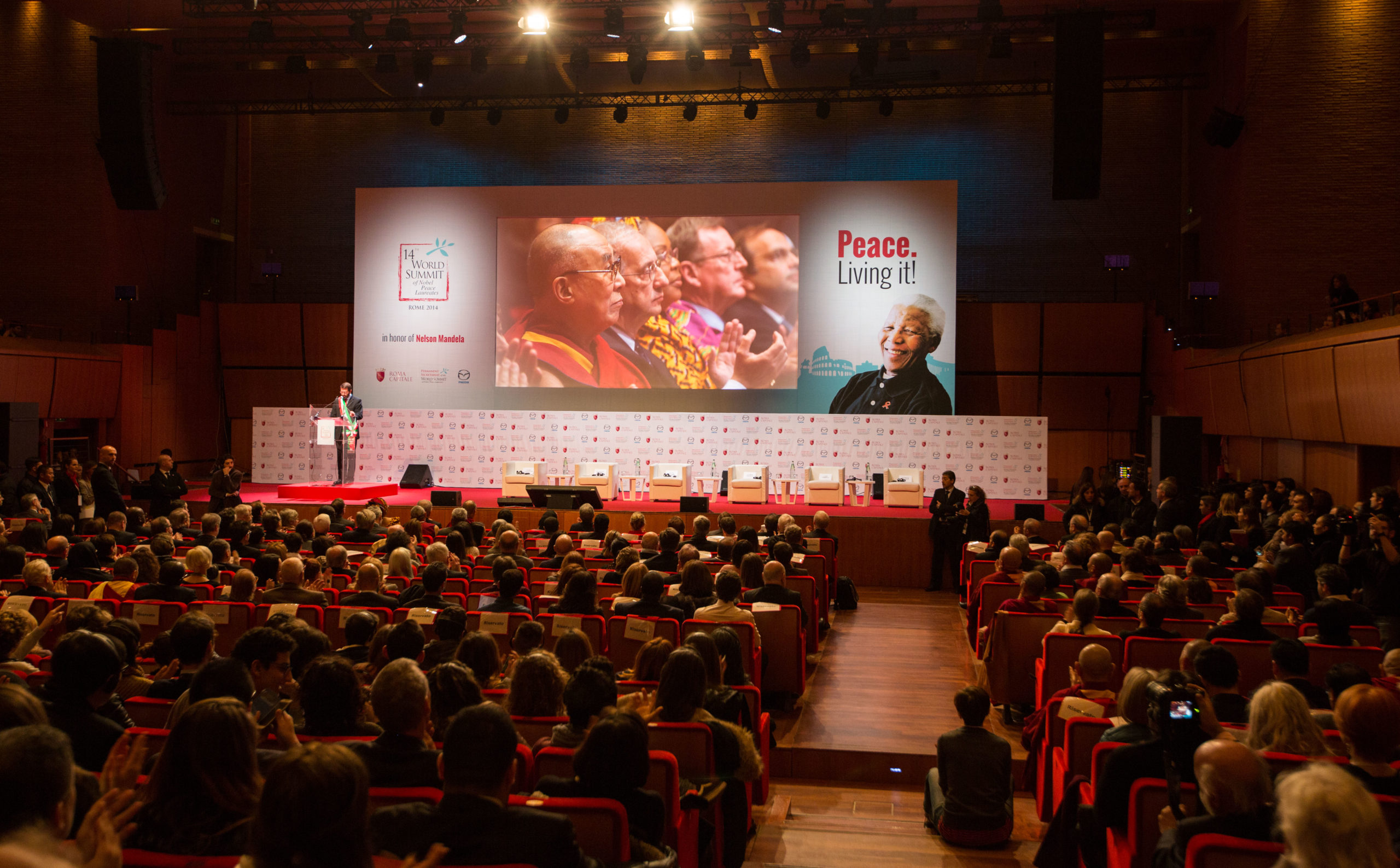The Nobel Peace Prize was awarded to the UNHCR for the provision of aid to refugees all over the world despite political obstacles. The UNHCR was awarded the Nobel Prize also in 1954 for its break-through activities in the area of supporting refugees in Europe.
UNHCR is the United Nation’s key agency mandated to provide support to refugees. It was founded after World War II with the task of providing aid to displaced Europeans. The Office was established by the General Assembly of the United Nations in 1950, initially for three years. Subsequently, the Office’s mandate had been renewed for five year periods.
In 1956, the UNHCR had to respond to the inflow of refugees after the suppression of the uprising in Hungary. In 1960s, UNHCR intervened in the post-decolonisation Africa. During the next decade, UNHCR provided aid to the wave of refugees after the establishment of independent Bangladesh, and to people fleeing from the war-torn Vietnam. In the late 1990s, Europe faced new waves of refugees as the consequence of the Balkan Wars. In the first decade of the 21st century, refugee crises requiring UNHCR interventions emerged in such countries as the Democratic Republic of the Congo and Somalia in Africa, and in Asia. Today, the Office’s staff of about 7,600 people provides aid to more than 30 million of people in 125 countries.
In December 2003, the General Assembly of the United Nations lifted the requirement of renewing the UNHCR mandate every several years. The incumbent High Commissioner is Antonio Guterres. The UNHCR is headquartered in Geneva.

